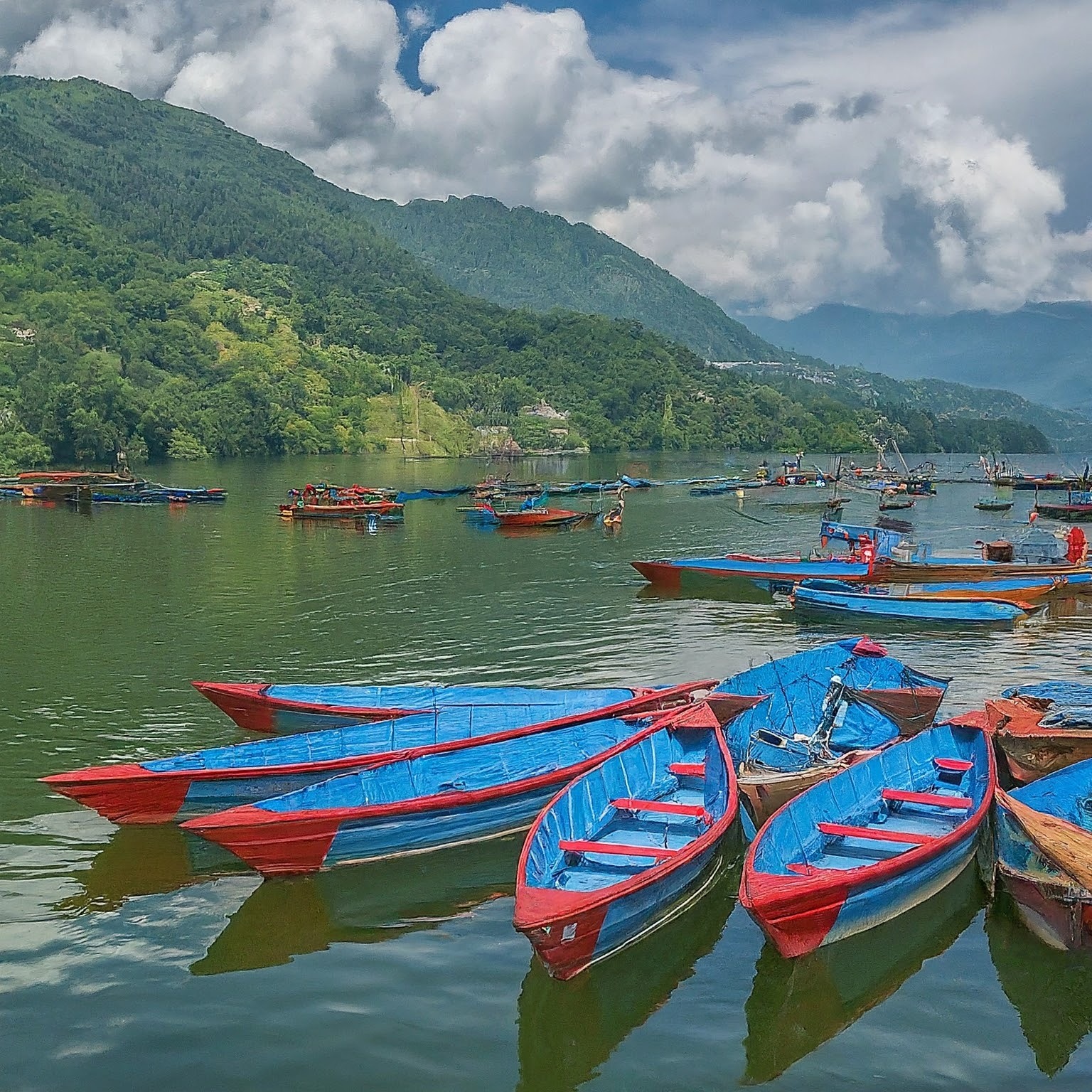Kathmandu, February 13, 2025 - Nepal, a nation celebrated for its majestic Himalayan landscapes, unparalleled biodiversity, and vibrant cultural heritage, is emerging as a global leader in sustainable tourism. As the world confronts escalating environmental challenges, Nepal’s tourism industry is prioritizing eco-conscious initiatives in 2025, fostering a model of responsible travel that benefits both nature and local communities.
Eco-Tourism Trends Transforming Nepal
The year 2025 has witnessed a shift in Nepal’s tourism narrative, emphasizing environmental preservation and community-based initiatives. Several eco-friendly trends are reshaping the industry:
1. Carbon-Neutral Trekking
Popular trekking routes like Everest Base Camp and the Annapurna Circuit are adopting carbon-neutral strategies. Reforestation efforts and sustainable transportation systems are integrated into these initiatives to offset emissions, making trekking more environmentally responsible.
2. Eco-Lodges and Green Accommodations
Green lodges equipped with renewable energy, waste reduction mechanisms, and locally sourced construction materials are becoming the standard. These eco-lodges aim to harmonize tourism with environmental conservation.
3. Wildlife Tourism with a Purpose
Destinations like Chitwan and Bardia National Parks are enhancing sustainable wildlife tourism. Initiatives include supporting anti-poaching programs, promoting ethical wildlife viewing, and educating visitors about biodiversity conservation.
A Guide to Responsible Travel in Nepal
Travelers can contribute to Nepal's sustainable tourism goals by adopting these responsible travel practices:
Respecting Local Communities
Homestays and cultural exchange programs enable travelers to connect with indigenous and rural communities, ensuring tourism revenues directly support local livelihoods.
Reducing Plastic Waste
With plastic bans now implemented across trekking routes and protected areas, travelers are encouraged to use reusable bottles, eco-friendly materials, and biodegradable products.
Supporting Ethical Tourism Operators
Selecting tour operators who prioritize fair wages, ethical wildlife interactions, and effective waste management ensures that tourism aligns with sustainability values.
Leading Sustainable Tourism Destinations
Nepal boasts remarkable destinations that exemplify sustainable tourism.
Ghandruk Eco-Village: Known for its sustainable homestays and organic farming, this village has become a model for community-based tourism.
Bandipur: By restricting vehicular movement and encouraging local entrepreneurship, Bandipur preserves its historical charm while promoting eco-tourism.
Ilam Tea Gardens: A haven for agro-tourism, Ilam offers visitors the opportunity to engage in organic tea production while enjoying eco-friendly hospitality.
Nepal’s Path to a Greener Future
Nepal’s embrace of eco-tourism trends, responsible travel practices, and green destinations reflects its commitment to preserving its natural and cultural treasures for future generations. By aligning tourism development with sustainability, Nepal is not only safeguarding its own environment but also setting an example for global tourism.
As Nepal continues to lead the way in sustainable travel, visitors are invited to experience its unmatched beauty while becoming active participants in protecting the planet.
Ecosphere News: Pioneering Environmental Awareness and Development